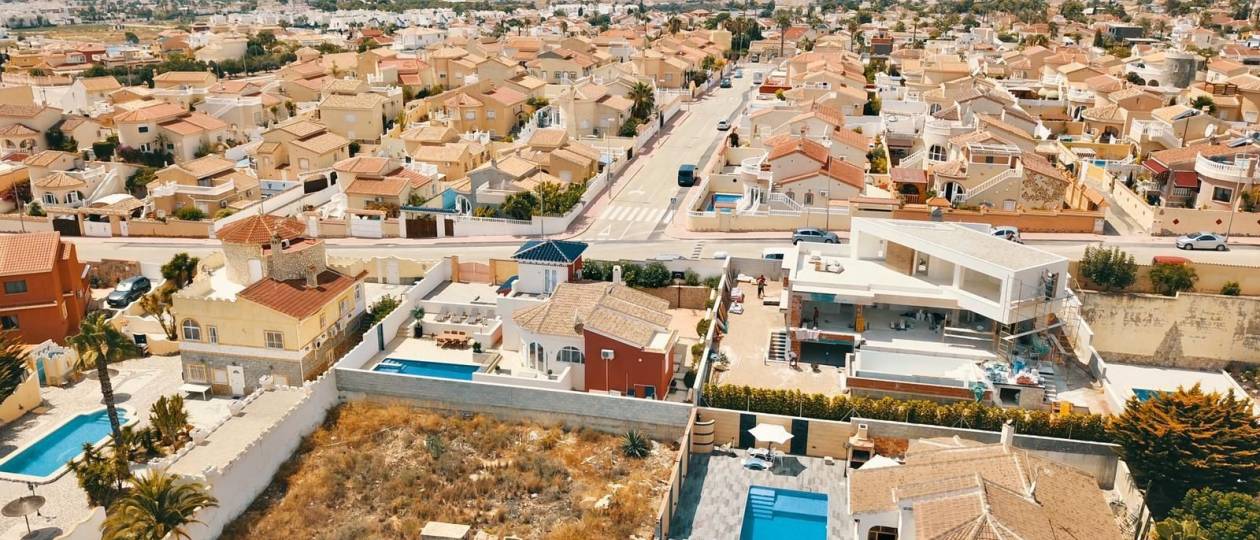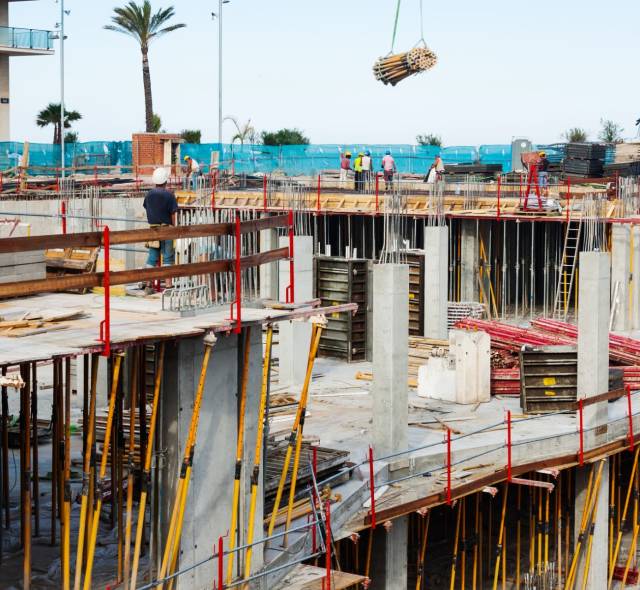
How to finance your property purchase
When purchasing property in Spain most buyers typically finance their purchase either through a home equity loan from their country of residence or by securing a mortgage with a Spanish bank. We have strong partnerships with financial advisors who can guide you through either option.
Financing Through a Loan in Your Home Country
For many, the simplest option is to finance their Spanish property purchase through a loan from their home country. However, most banks outside of Spain do not accept a Spanish property as collateral. This means that only individuals who have equity in their property back home can borrow funds for a holiday home in Spain. In other words, the loan is secured against your primary residence or another debt-free property in your home country.
You can either increase your existing mortgage or take out a new loan against an unencumbered property. This method offers flexibility, as it avoids dealing with Spanish banks and can often provide better rates and conditions depending on your financial situation.
Financing Through a Spanish Bank
If you choose to finance your purchase with a Spanish bank using the property in Spain as collateral, this option can leave your home equity untouched, maintaining financial flexibility in your home country.
The first factor that determines your borrowing capacity in Spain is whether you are a "resident" or "non-resident".
- Resident Borrowers: If you are classified as a resident of Spain, with your income taxed in Spain, you can borrow on similar terms to Spanish nationals. This allows you to secure up to 80% of the property's appraised value. Residents also typically benefit from more favorable interest rates and repayment terms.
- Non-Resident Borrowers: For non-residents, Spanish banks typically offer loans covering 50% to 70% of the property’s value. The exact percentage depends on the bank, your financial profile, and the property itself. While repayment periods can vary from bank to bank, most mortgages can be repaid over a period of up to 30 years. However, banks generally require that the loan be fully repaid by the time the borrower reaches 70 to 75 years of age.
Loan Conditions and Interest Rates
Spanish mortgage rates tend to be competitive, particularly for non-residents purchasing a second home. Interest rates can be either fixed or variable, with many banks offering flexible terms depending on the borrower’s financial situation and loan-to-value ratio. It’s also important to be aware of additional costs associated with taking out a mortgage in Spain, such as arrangement fees, legal costs, and property taxes, which should be factored into your budget.
Need More Information on Property Financing?
We collaborate closely with BankinSpain, a certified loan brokerage in Spain that specializes in finding the best mortgage deals for international buyers. BankinSpain works with a wide network of Spanish banks to help you secure a loan with the best possible terms and conditions, whether you are a resident or a non-resident.
For more details, you can [read more about BankinSpain here].










